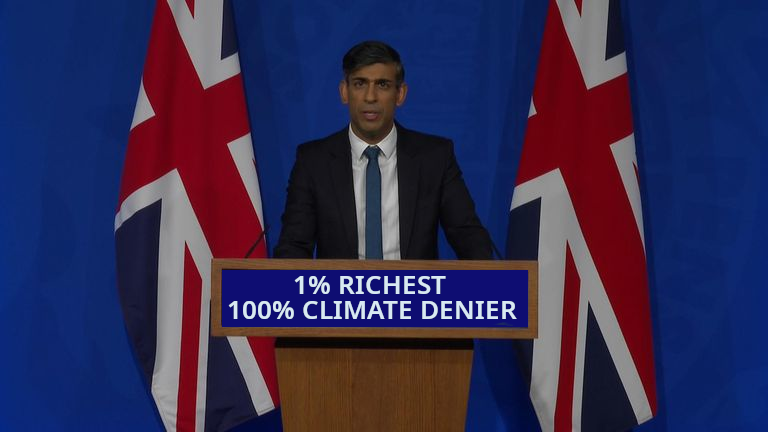A major culprit of the ‘cost of living’ crisis is hiding in plain sight: an extractive economy that redistributes wealth upwards
…
Last week the UK energy regulator, Ofgem, announced that the energy price cap will rise by 54% in April, pushing up bills for millions of households by £693 per year. On the same day, fossil fuel company Shell reported that its annual profits had quadrupled, largely due to the very same soaring gas prices that are responsible for fuelling recent spikes in inflation.
In other words: not everyone is feeling the pinch of the ‘cost of living’ crisis. As household budgets are squeezed even further, fossil fuel company shareholders are laughing all the way to the bank.
…
Energy is far from the only sector where one person’s pain is another’s gain. In recent decades, many of our most essential services have become engines of extractive redistribution – taking wealth away from workers and funnelling it upwards to asset owners.
…
Perhaps the largest expense for many households is housing costs. For much of the past half-century, housing has served two conflicting functions in the economy. On the one hand, housing is a basic need – providing shelter, security and warmth. From this perspective, it is desirable for house prices and rents to stay low to ensure that housing is affordable. On the other hand, housing has become one of the primary vehicles for accumulating wealth. From this perspective, it is desirable for house prices and rents to increase, enabling those who own property to grow their wealth over time. These two roles are in direct conflict with each other: housing can not simultaneously be affordable and lucrative as an investment at the same time, as much as politicians like to pretend otherwise. In recent decades, government policy has sought to promote the latter role at the direct expense of the former – with dire consequences for the millions of households that are locked out of homeownership.
While economists and politicians hail a booming housing market as a sign of wealth creation, in reality it’s one of the most powerful forms of wealth redistribution. When the price of a house goes up, the total productive capacity of the economy is unchanged, because nothing new has been produced: it merely constitutes an increase in the value of an existing asset. While this increases the net wealth of individual homeowners and landlords, for everyone else it often means facing higher rents in the rental market, and having to save for a deposit and pay more interest on larger mortgages. The reality is that the housing ladder is rather like a zero-sum game: the wealth enjoyed by some is mirrored by the deprivation and exclusion of others.
…
There can be no doubt that the ‘cost of living crisis’ is a real concern. But it is not new, and it is not simply the result of rising gas prices. For decades, British households have been squeezed by a pincer movement of persistently low incomes on the one hand, and extractive business models on the other. Unless urgent action is taken on both fronts, another ‘lost decade’ looks all but inevitable.

